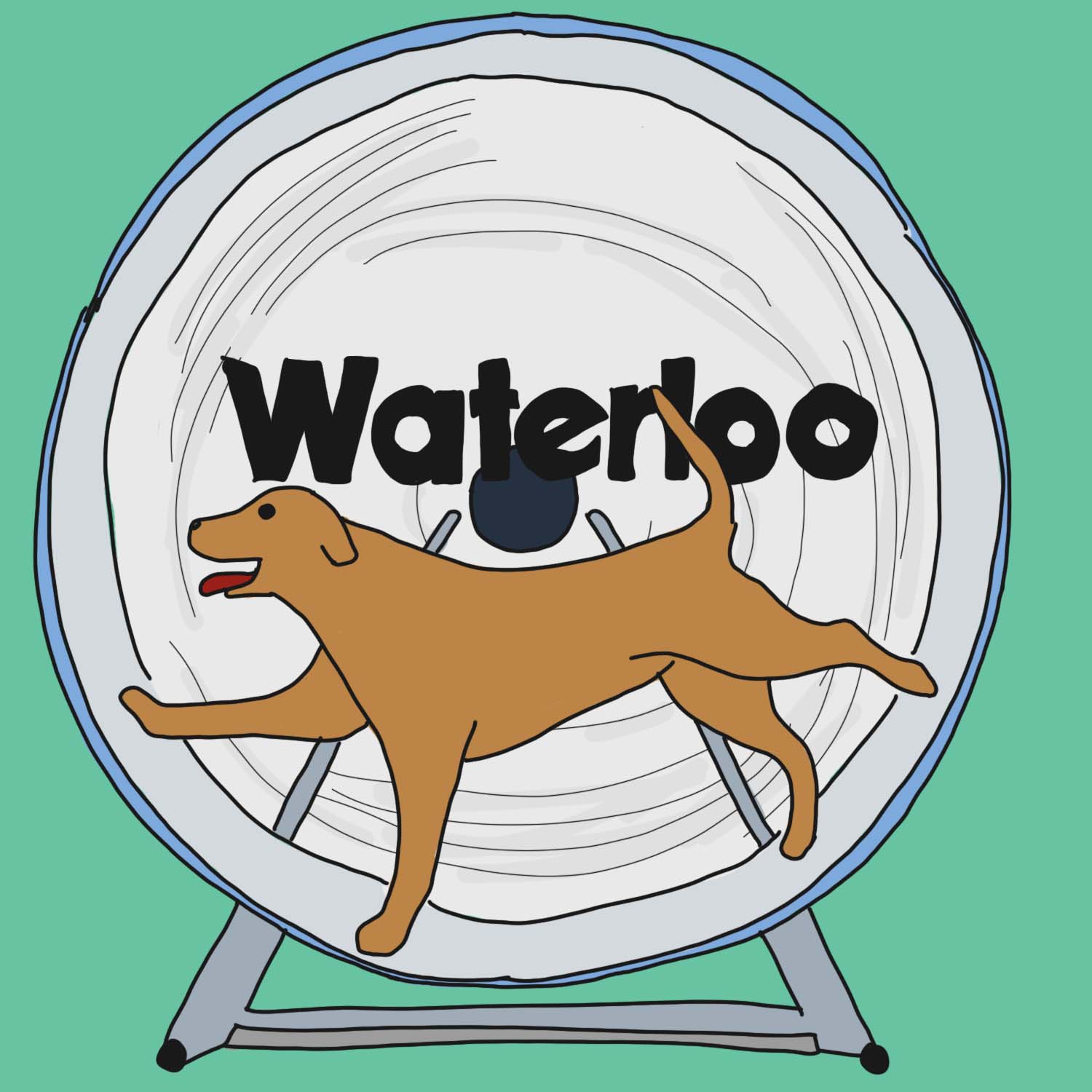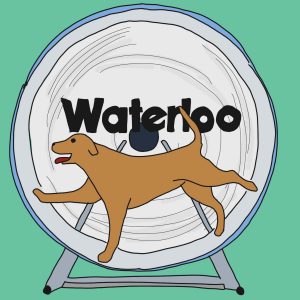City of Waterloo runs pilot project to turn dog poop into electricity


A new pilot project being introduced by the City of Waterloo aims to turn dog waste into energy, heating and fertilizer.
This would be accomplished through a process known as anaerobic digestion, which happens when organic waste breaks down in an environment without oxygen.
“Here was an opportunity to do something that’s environmentally friendly, show that we’re a dog-friendly city and to do something innovative that a local innovator had come up with,” Dave Jaworsky, mayor of Waterloo, said.
The project begins in less than two weeks and will last for a year.
The dog waste will be collected in underground bins, then be brought outside of the city for treatment.
“Certainly, any students who have a dog should be able to take advantage of this system,” Jaworsky said.
The bins will be placed in three parks around the city: Lakeshore Optimist Park, St. Moritz Park and Bechtel Park, the city’s off-leash dog park.
The city will observe the effectiveness of this pilot for the next year, monitoring how often the bins need to be emptied at the various parks during different seasons, as the participation in the project may vary depending on factors like weather and location.
Certainly, any students who have a dog should be able to take advantage of this system.
Jaworsky sees the potential for other municipalities to join in on this eco-friendly solution to an age-old problem.
“In our case, this project has a capital cost of only about $10,000. It could be changing all municipalities across North America in how they handle dog waste,” Jaworsky said.
“120,000 tonnes of waste, times over 200 cities across Canada, this is potentially a very large amount of waste that could be put to good use.”
Currently, Waterloo does not have blue-bins in its various parks due to the risk of cross-contamination with dog waste because there is a possibility that owners may unknowingly throw waste into the wrong bin.
This project also hopes to show the recycling potential of the city if the dog waste is properly disposed of.
If all goes well with the pilot, the mayor hopes that the City of Waterloo can also start to implement blue-bins in the parks in the future.
“By separating this out, we’ll be able to capture those resources of the blue-bin, capture the dog waste in a containment system, generate energy from the dog waste, create fertilizer for our farmers’ fields — it’s just such a win on so many levels” Jaworsky said.
The mayor of Waterloo also sees this initiative as a learning opportunity for students to see the potential we all have to solve everyday problems.
“In Waterloo, we have a lot of startups and entrepreneurs. One day, someone gave me a call, as it happens quite often, and said that they had a unique offering to solve a problem I didn’t know I had — and that [problem] was dog waste,” Jaworsky said.
“Entrepreneurship can happen anywhere, [even] with the most common of problems.”


